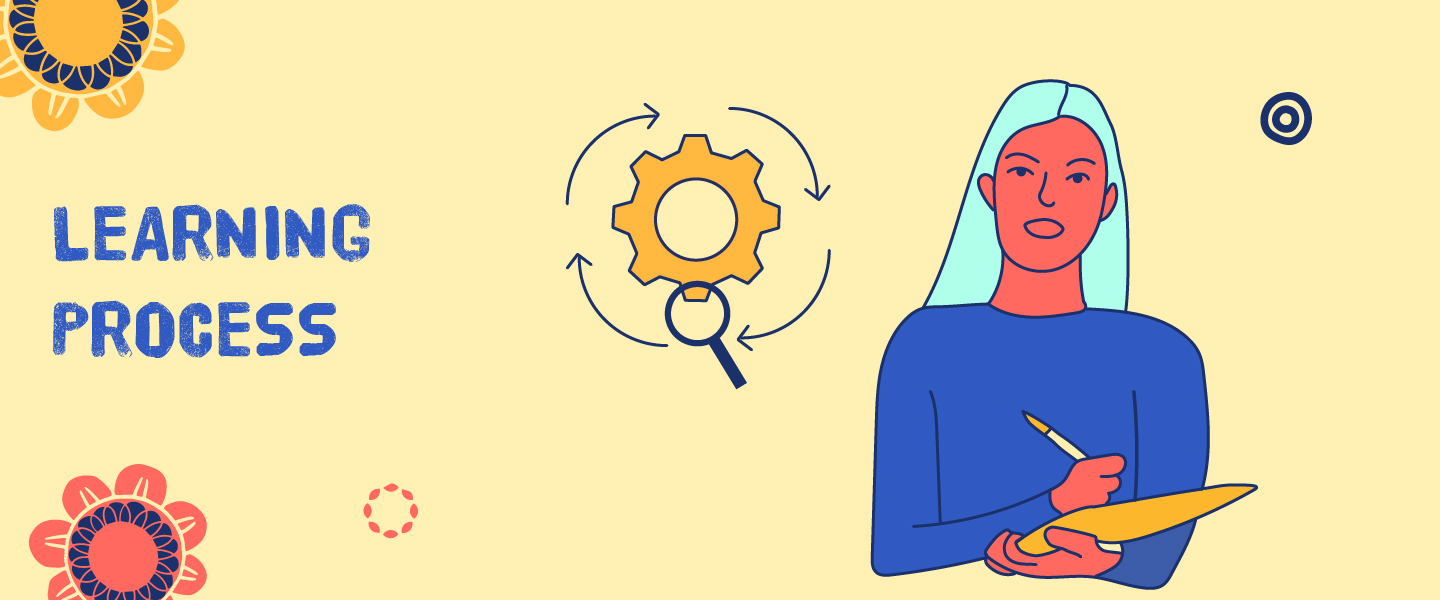Fenomenal Funds is a feminist funder collaborative using a shared governance model and participatory grantmaking to support the resilience of women’s funds who are members of the Prospera International Network of Women’s Funds.

“Knowing will be more valid—richer, deeper, more true to life and more useful if…our knowing is grounded in our experience, expressed through our art, understood through theories which make sense to us, and expressed in worthwhile action in our lives.”
— Peter Reason, “A Laypersons’ guide to cooperative inquiry,” University of Bath, 1998
As a feminist organization facilitating collaboration, learning for us has meant drawing on feminist principles and using an action and reflection cycle to capture both the what, how, and to what effect of the Collaboration Lab process. We embedded learning into every phase of the process, gathering knowledge from the perspective of the many stakeholders who are part of the process. The evidence gathering, documentation, and sensemaking from multiple data points—although resource intensive—was integral to the successful implementation of the Collaboration Lab. The intention to keep learning at the center enriched our process and deepened our insights into feminist collaboration.



In the context of the Collaboration Lab we set up a system to document the process of rolling out the lab, the formation of each collaboration, and the development of the collaboration plan and budget through the three phases (discover, define, and refine). This required building a team of documenters and facilitators (the facilitation team) to hold space for the formation of the collaborations. Each collaboration group was assigned a documenter who received an orientation on using our documentation format and data management protocol. The documenters not only took notes on what was discussed in each collaboration group but also reflected on the group dynamics, decision making processes and in many cases supported the writing of the collaboration plan. They also summarized the discussion, key decision points as well as action points during each session and shared them back with the groups for follow up. In addition graphic recorders created a graphic based on the group discussions to help visualize the groups topic focus and roadmap for their collaboration.



In addition to the documentation of the discussions of all thirteen collaborations it was very important to get a pulse on how the collaboration labs were progressing across the three phases (discover, define & refine). The Fenomenal Funds team did not participate in the collaboration groups meetings, unless specifically invited by the groups. Hence we set up a system of gathering feedback from the women’s funds in order to hear how they were experiencing the Collaboration Lab process. We used a simple qualitative survey tool “Typeform” to ask participants about the process at the beginning and at the end of the phase. The feedback from participants helped us to recalibrate our approach based on the needs of the individual funds and the groups. The notes from the collaboration group meetings and the responses from the qualitative surveys at the start and end of each phase were extremely useful to guide our actions and make adjustments based on data. (Interested in our questions, see our Collaboration Lab Toolkit in the Tools and Resources section)



In order to make sense of the patterns that we observed from the data we also held collective reflection meetings with the facilitation team. This was an opportunity for the facilitation team to hear from each other and share insights, as well as offer tools and suggestions to each other. The collective reflection also supported the group in getting a holistic picture of progression across the collaboration groups. From a peer learning perspective this allowed facilitators to strategize and learn from each other. The relationships and connections built through this process fostered a community of practice. In addition, sharing in this space also allowed the Fenomenal Funds team to see where connections were emerging across collaborations and where additional support and accompaniment was needed. In addition, staff held one-on-one bi-monthly meetings with facilitators throughout the Collaboration Labs process. To quote one of our facilitators “feminist collaboration isn’t easy, it takes time to build trust and capacity…the whole process was a demonstration of the feminist values of hearing each other and creating valuable spaces for each other to learn and grow.”